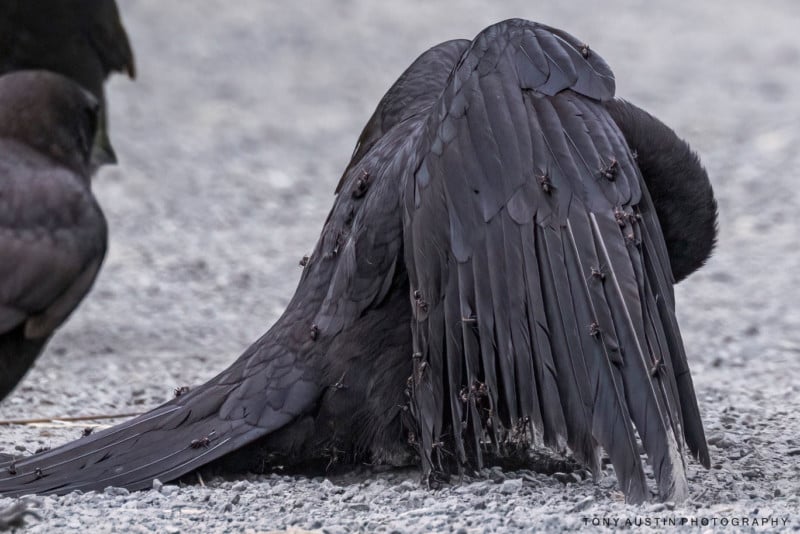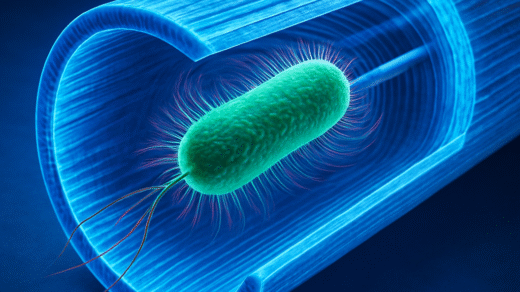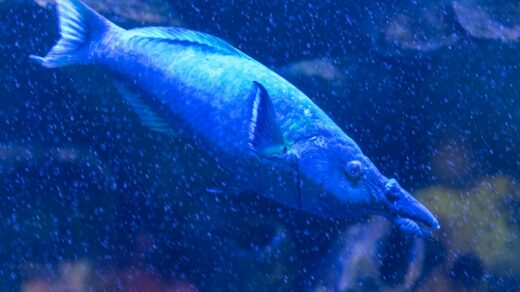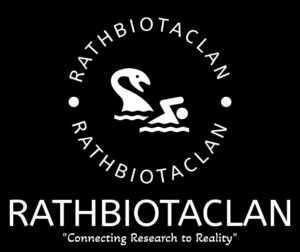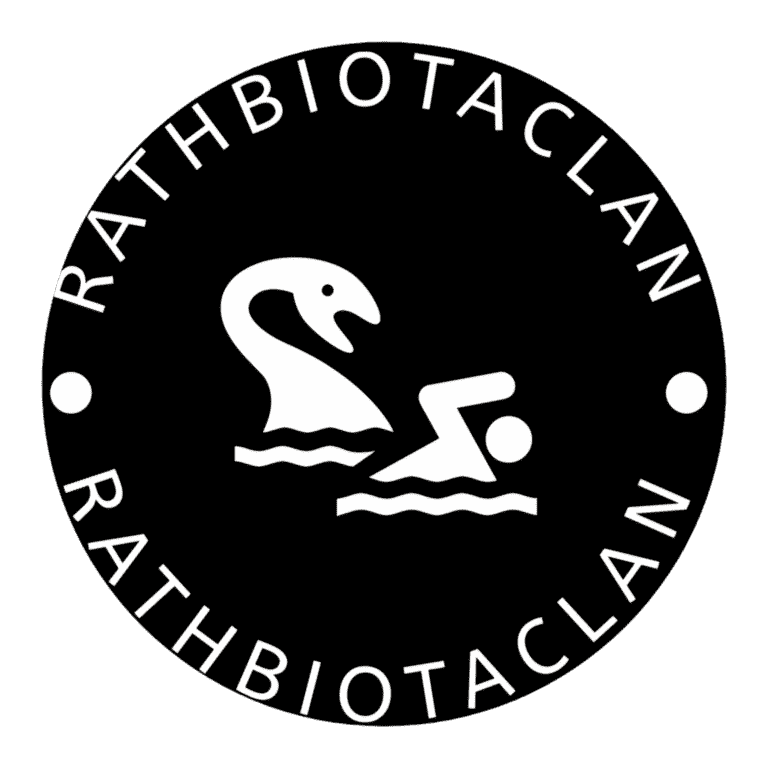What Happens When a Crow Needs Medical Attention and Turns to Ants – The Secret Power of Formic Acid
Nature is often full of unlikely friendships. But one of the most astonishing of them all involves two creatures we rarely associate together: crows and ants. When a crow feels itchy, bothered by parasites, or in need of some biological cleansing—it doesn’t go to a vet. It goes to ants. And the secret behind this bizarre relationship? Formic acid.
The Curious Case of Anting: When Birds Ask Ants for Help
This particular – behavior is called anting, and has been observed in more than 200 bird species, including crows, blue jays, and starlings. There are two forms of anting:
- Passive anting, where birds sit near ant nests and let the insects crawl onto their bodies.
- Active anting, where birds pick up ants in their beaks and rub them across their feathers deliberately.
Why would a crow do that?
The answer lies in chemistry.
Formic Acid- The Insect World’s Natural Weapon
Ants, especially those from the Formicidae family, defend themselves by spraying a chemical called formic acid—a pungent compound that can irritate and sting predators. But in this story, formic acid doesn’t repel—it heals.
When birds use ants like tools, they are not being randomly quirky. The formic acid acts as a natural insecticide, fungicide, and antibacterial agent for them.
It helps:
- Kill feather mites, lice, and ticks common parasites that infest birds.
- Soothe skin infections often caused by bacteria or fungi.
- Maintain feather hygiene which plays important role for flight and insulation.
The crow is essentially giving itself a chemical bath, a DIY spa treatment powered by insects.
Nature’s Pharmacy: A Bird’s Understanding of Biochemistry
What’s even more astonishing is that birds seem to know which ants to choose. They typically go for ants that produce higher amounts of formic acid and avoid aggressive species that bite hard or release harmful venom. Some birds are even observed using millipedes or other insects that secrete similar defensive chemicals.
This suggests a level of instinctual knowledge possibly even evolved cognitive awareness of chemical properties in the environment. It’s chemical self-medication, and in ethology, it’s a rising field known as zoopharmacognosy.
Could Anting Be Pleasure Too?
While the main assumption is that anting serves medical purposes, there’s also a hypothesis that birds might simply enjoy it. The tingling of formic acid might create a stimulating sensation—a sort of “scratch that itch” therapy. Some researchers even think it’s part of their comfort behavior, akin to preening or dust bathing.
Why Crows in Particular?
Crows are the smartest animals on the planet. They use tools, solve puzzles, and remember human faces. Their use of ants may reflect this intelligence—recognizing the benefits of certain insects and engaging in behaviors that enhance their health and comfort.
For a crow living in the wild, battling parasites is not just a matter of comfort—it’s survival. Poor feather condition can mean reduced insulation, failed flight, and vulnerability to predators. So, a quick trip to an anthill is not just convenient—it’s life-saving.
Lesson from the Earth’s Little Alchemists
So what happens when a crow needs medical attention and turns to ants?
It taps into the natural alchemy of evolution—where ants, with their formic acid defense, become the crow’s tiny pharmacists. This stunning behavior is a testament to the interconnectedness of life, where even an insect’s sting becomes a bird’s balm.
It’s another reason to marvel at the intelligence hidden in feathers and the power of chemistry hidden in soil.

